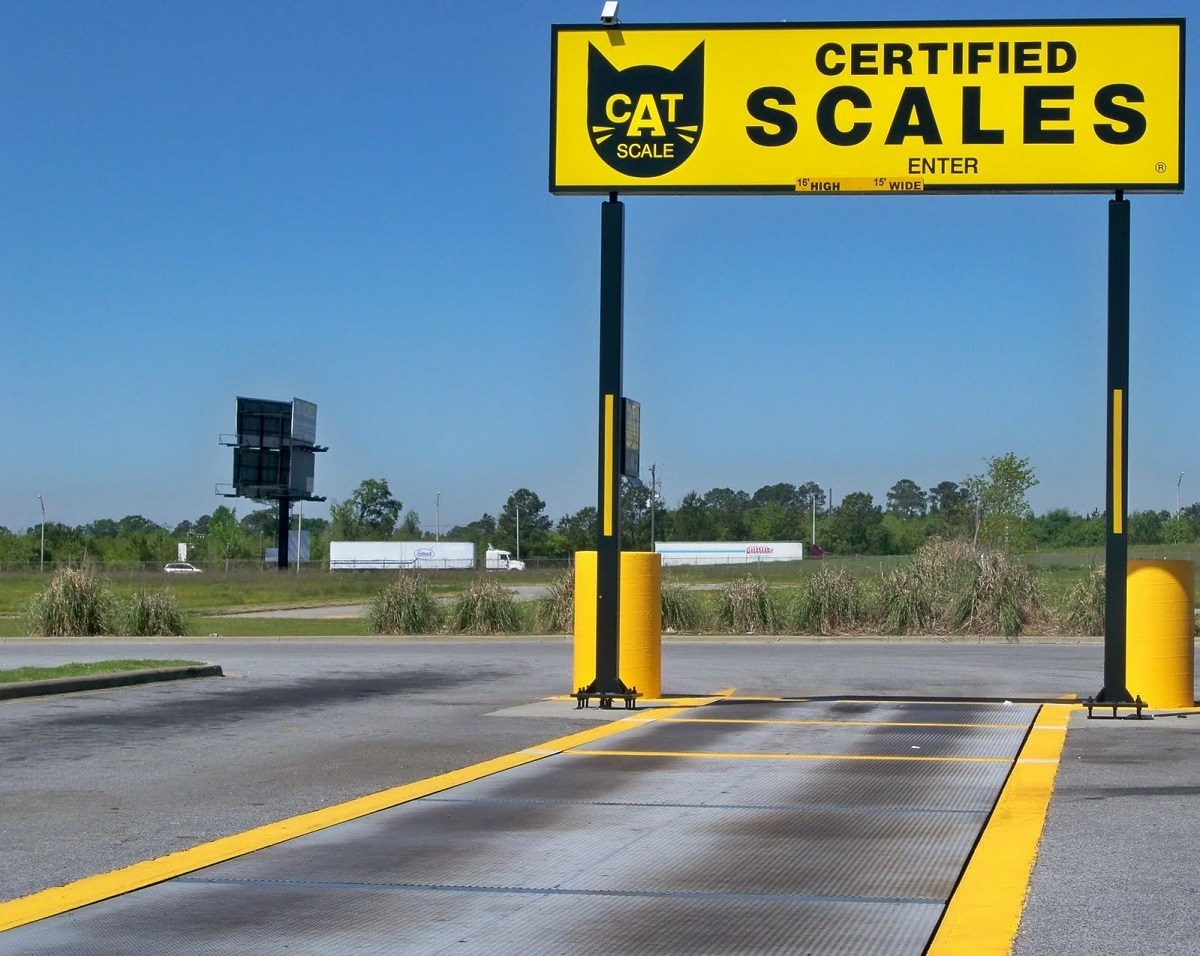
For all shipments which charges are determined by the weight (in pounds) of the property the carrier must obtain a Certified Weight Certificate of the shipment.
If a weight certificate does not meet specific legal specification than a court may hold it to be invalid and/or the DOT/FMCSA may impose a fine upon the carrier for each invalid weight certificate. For a weight certificate to be legal and valid it must be obtained in compliance with the governing federal regulations. (See 49 CFR §§ 375.501 - 521).
Legal requirements for weight certificates:
Shippers must be advised that they are entitled to observe the weighing. Carriers must provide the shipper with the location and time of the weighing and a reasonable opportunity for them to be present. (49 CFR § 375.513)
If a shipper disputes the weight of the shipment they have a right to demand a re-weighing of the property at no charge. The actual charges, notwithstanding the 110% rule, must be based on the weight from the re-weighing; whether it is higher or lower than the original weight. (49 CFR § 375.517) A true copy of the weight certificate must be provided to the shipper along with the bill of lading and other shipping documents.
The carrier must also retain a copy of the weight certificate in each shipper's file. (49 CFR § 375.519)
A legal weight certificate must contain the following elements (49 CFR § 375.519):
1. The complete name and location of the scale.
2. The date of each weighing.
3. The identification of the weight as being the tare, gross, or net weights.
4. The company/carrier vehicle identification number.
5. The last name of the individual shipper as it appears on the bill of lading.
6. The job or order number for the individual shipment.
7. The signature of the weighmaster.
Moving Claims is not an insurance company and the employees of Moving Claims are not acting as your insurance adjusters. Moving Claims does not practice Insurance laws and does not give legal advice. This site is not intended to create an insurance claim, and by using the Moving Claims websites, no insurance claim will be created with Moving Claims. Instead, you are filing a Household Goods claim with the carrier who moved you via Moving Claims Websites. Moving Claims websites information as well as any advises of its employees is not a substitute for the advice of an attorney. The information contained on this website is designed for informational purposes only. Nothing on this website is designed or intended to constitute legal advice. Federal, state, and local laws and regulations governing the moving industry change frequently and may be interpreted differently by different people. If you need specific legal advice you should consult a lawyer directly or a representative from the US DOT.




